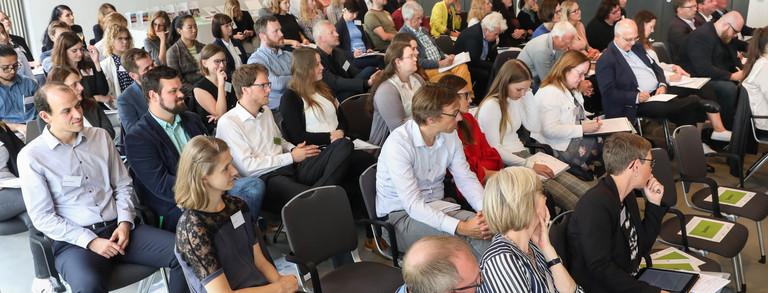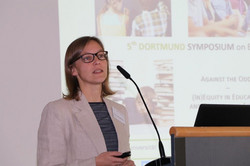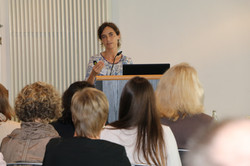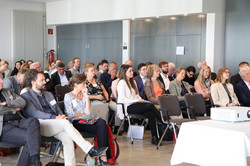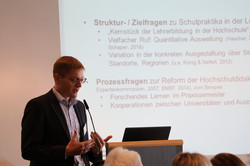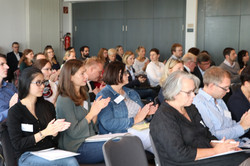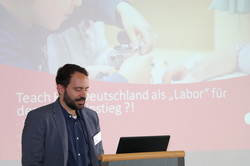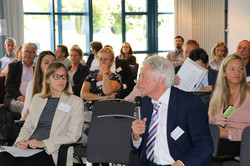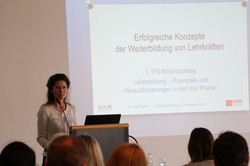3rd IFS-Education Dialogue „Teacher Education – Potentials and Challenges in the three Phases“
Publication volume of the conference
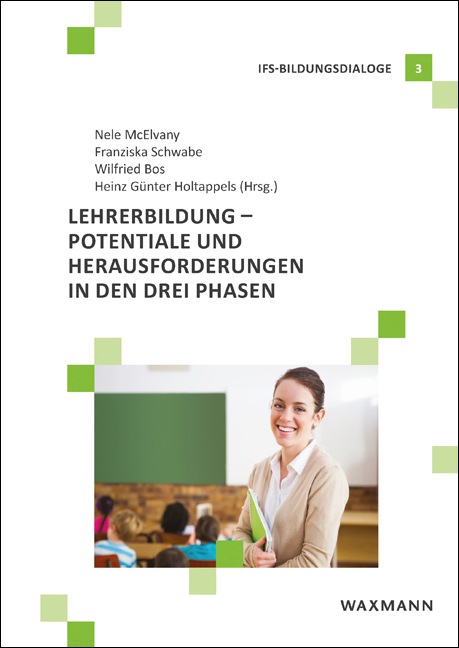
An edited volume has been published for the conference, more information can be found here.
Program
| Time | Program |
|---|---|
| 10:45 | GREETINGProf. Dr. Nele McElvany (Executive Director of the IFS, TU Dortmund University)Prof. Dr. Insa Melle (Prorector Academic Affairs, TU Dortmund University) Prof. Dr. Thomas Goll (Dean of the Fakulty 12, TU Dortmund University) |
| 11:00 | OVERVIEW LECTURE Teacher Education – An OverviewTeacher knowledge and its acquisition – What does a teacher need to know and where does she learn it?Prof. Dr. Thamar Voss (University Freiburg) Plenary discussion |
| 11:45 | FOCUS TOPIC Practical components in the first two phases of teacher educationEmpirical findings on the effects of practical phasesProf. Dr. Johannes König (University of Cologne) Praktische Anteile in der Lehrerbildung Dr. Thomas Kratzert (Center for Practical Teacher Training Dortmund) Plenary discussion |
| 12:45 | Lunch break |
| 14:00 | STATEMENT Career entry into the teaching professionHow lateral entry can succeed - A practical exampleUlf Matysiak (Teach First Deutschland) Plenary discussion |
| 14:30 | FOCUS TOPIC Continuing education in the teaching professionElements of successful continuing educationProf. Dr. Dirk Richter (University Potsdam) Successful concepts of continuing education for teachers Dr. Steffi Missal (LISUM Berlin und Deutscher Verein zur Förderung von Lehrerinnen- und Lehrerfortbildung e.V.) Plenary discussion |
| 15:30 | PANEL DISCUSSION The future of teacher educationProf. Dr. Stephan Hußmann (TU Dortmund University) / Dr. Fridtjof Filmer (Representative of the Conference of Ministers of Education and Cultural Affairs) / Jürgen Wesche (Principal)Plenary discussion |
| 16:30 | CONCLUSION AND FAREWELL |






